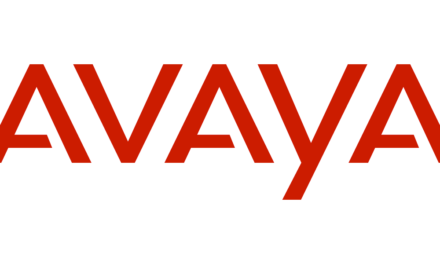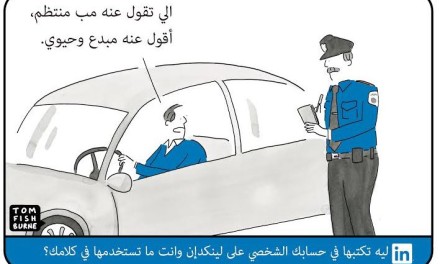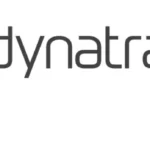
Post-COVID effect: majority of respondents admit that they are comfortable with online learning

The recent Kaspersky survey represented the attitude of adults, including teachers, to digital education during the pandemic.
According to the data, only 28% of those surveyed from Saudi Arabia don’t want the format of online learning to continue in post-pandemic times. While 36% would prefer a hybrid format of learning (some days at school and some days online), 36% would rather stick to entirely online learning. As for the teachers, more than half (56%) of them admitted that they became more comfortable when teaching online rather than offline.
However, not all the respondents treat distance education as a more viable format of learning. The results of the survey showed: that only 24% of adults in Saudi Arabia are sure that educational materials have proceeded the same way no matter if it’s online learning or traditional offline educational process. The rest still think that the online learning process is less effective in general, or at least worse for some of the subjects.
The majority of Saudi Arabia schools coped with the adoption of online learning. More than half of the respondents (64%) noted that the program was adapted completely, 32% agreed with the option “partly”. Among the new elements that were introduced in the educational process the most popular were video presentations (71%) and digital tests (75%). Also, 63% were using chats. Interactive games were used less frequently than other tools – 46%.
“Remote learning during the pandemic has turned out to be stressful for everyone involved: children, parents, and teachers. However, adults didn’t always make the right decisions to help simplify their children’s lives because they too were adapting to the new format. So the role of teachers became even more important in that challenging times as they had to master new teaching skills for remote learning using various digital tools in combination with offline learning,” comments Andrey Sidenko, Head of Kaspersky’s Online Child Safety Department.
While there remain many benefits for kids to learn online, there also come risks. For this reason, Kaspersky is offering the Kaspersky Safe Kids solution. It lets parents know exactly how long their child spends online and also protects them from inappropriate content.
















































